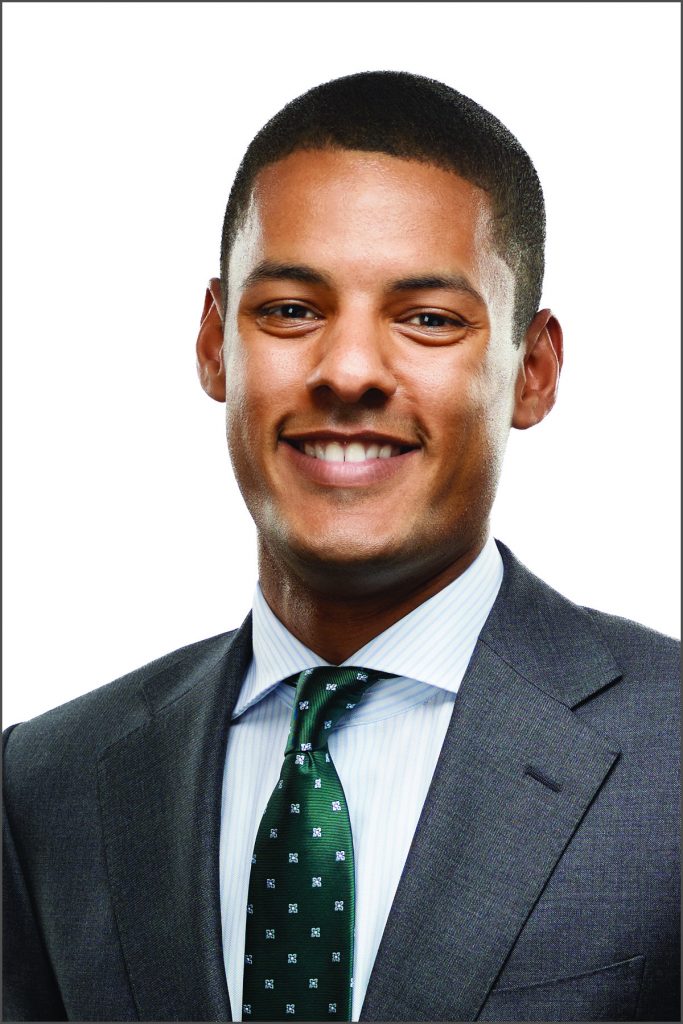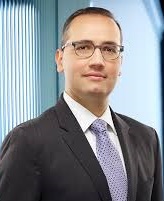By Amy Chen
Nader Hasan, a partner at Stockwoods LLP and one of Canada’s leading appellate lawyers, will be co-teaching the Asper Centre’s clinic course this fall as the constitutional litigator-in-residence. He graciously sat down with me to discuss his legal education, career history, and hopes for the upcoming term.
Mr. Hasan has a long and varied career in criminal, constitutional, and regulatory law. Surprisingly, law school was not always the plan. “Like many children of immigrants, there was the expectation and hope that I would eventually become a doctor,” Mr. Hasan said. However, “along the way, I became really passionate about various social justice and human rights issues, both in the US, Canada, and around the world. That sparked my intellectual interest in the law.” His interest in the law was cemented after completing his undergraduate degree at Harvard in international human rights, as well as his Masters of Philosophy in international studies at Cambridge. Ultimately, he decided to begin his law career at the University of Toronto.
Mr. Hasan’s interest in constitutional law began in Professor Lorraine Weinrib’s constitutional law small group: “I learned about the power of the Charter, and how, if done properly and effectively, a constitutionally entrenched bill of rights could truly be a weapon on the side of good and justice… I knew early on in law school that I was very passionate about constitutional law, public law, and criminal law.” However, when considering heavy debt load and his need to care for his aging parents, Mr. Hasan began his career in a corporate firm in New York. Although Mr. Hasan was doing a lot of pro bono work on behalf of asylum seekers and the wrongfully convicted, he was only able to work on it in “from 10 pm to 3 am” after billing his normal hours. Still, he considered this a crucial step in his career: “in many ways it was a typical “Big Law” experience, but through this process I was able to learn a lot about what it meant to be a good lawyer, as well as the types of careers open to lawyers.”
Eventually, he returned to Canada to pursue a criminal/constitutional law career. Since then, Mr. Hasan has appeared as counsel in a number of high-profile constitutional law cases, including acting as lead counsel to the landmark Indigenous rights case Clyde River v. Petroleum Geo‑Services Inc. Most of the major cases he was involved in had humble beginnings: “these cases that end up at the Supreme Court of Canada, you don’t get there without a very carefully constructed record from the ground up, by interviewing people and doing your legal research. It is not glamorous, but all meaningful, with an important end goal in sight.” Right now, Mr. Hasan is working as lead counsel in Mathur et al v. HMQ, a constitutional challenge against Ontario’s greenhouse gas emissions targets. His rationale for working on this case was simple: “as a human being living in this day and age, we all have an obligation to move hearts and minds when it comes to climate change. I happen to be trained as a constitutional lawyer, and the way I know how to make a difference is constitutional litigation.”
At the Asper Centre this fall, Mr. Hasan will bring with him not just his significant constitutional litigation experiences, but also his extensive teaching and mentorship experiences. He has served as an adjunct professor at the University of Toronto law faculty since 2010, teaching the popular Crime and Punishment course and the criminal appellate externship. He hopes to nurture the passions that Asper Centre clinic students have for constitutional law: “I’m sure students have been told that you can’t make money in constitutional law, but if this is something you want to do, there are certainly avenues to pursue a constitutional law career.” He will illustrate these avenues by sharing his own experiences alongside the experiences of Asper Centre director Cheryl Milne and other guest speakers. Although this year’s clinic course will be unique, given that some students will be attending remotely, Mr. Hasan is optimistic that the course will proceed smoothly.
To end the interview, I asked Mr. Hasan what he believes to be the qualities that make a good constitutional lawyer. He did not hesitate in giving his answer – “it’s all about hard work and passion.” A strong case is comprised of dedicated people who are “willing to work whatever hours it takes with an unyielding attitude, knowing that they are fighting on the side of justice.”
The interview has been edited for clarity.
Amy (Jun) Chen is a 1L JD Candidate at the Faculty of Law and is the Asper Centre’s current summer Research Assistant.


 is a partner at Stockwood Barristers in Toronto. He practises criminal, regulatory and constitutional law at the trial and appellate levels. He has an expertise in digital privacy law and search and seizure law, and has appeared in many of the leading cases in this area.
is a partner at Stockwood Barristers in Toronto. He practises criminal, regulatory and constitutional law at the trial and appellate levels. He has an expertise in digital privacy law and search and seizure law, and has appeared in many of the leading cases in this area.